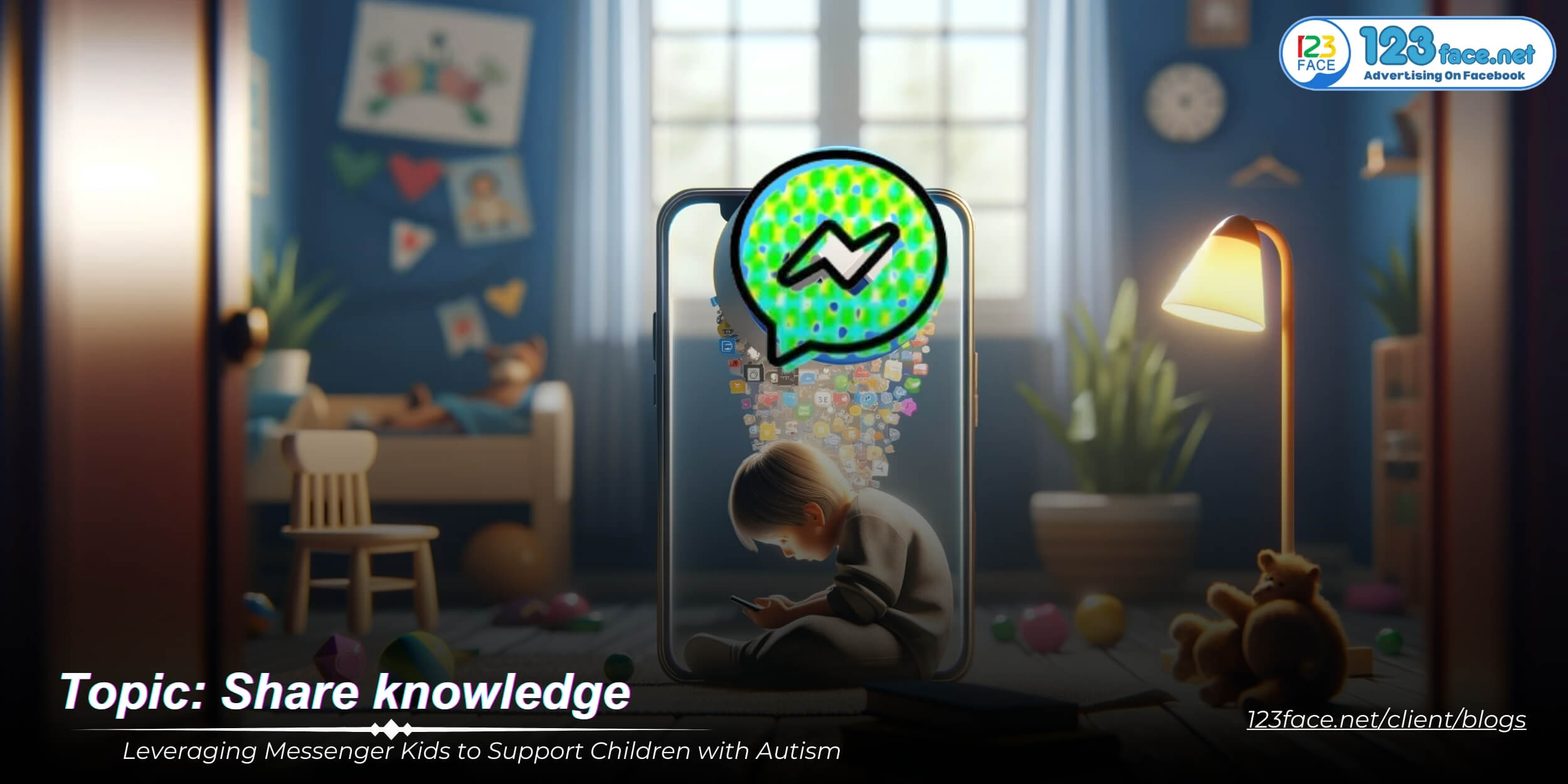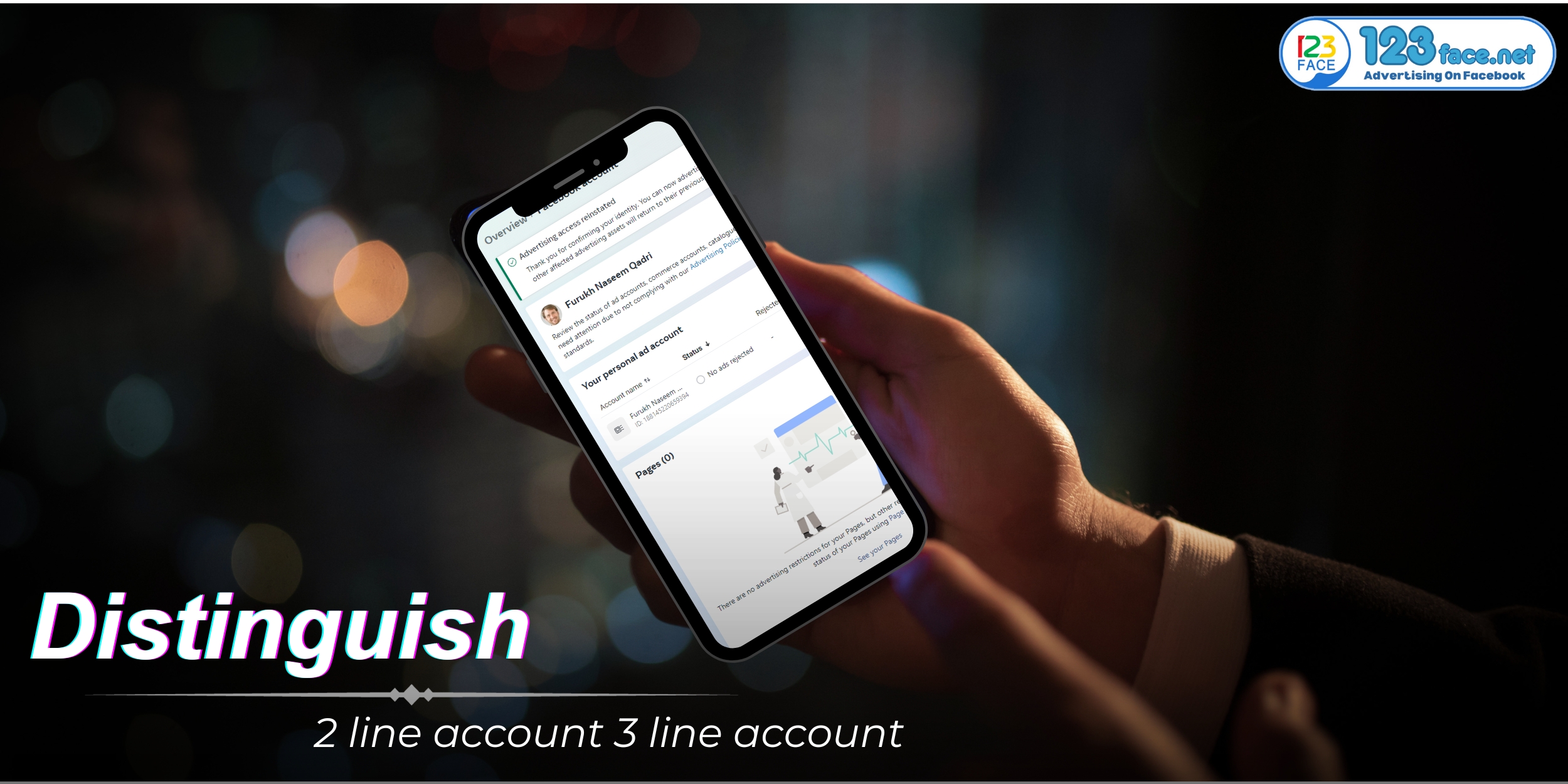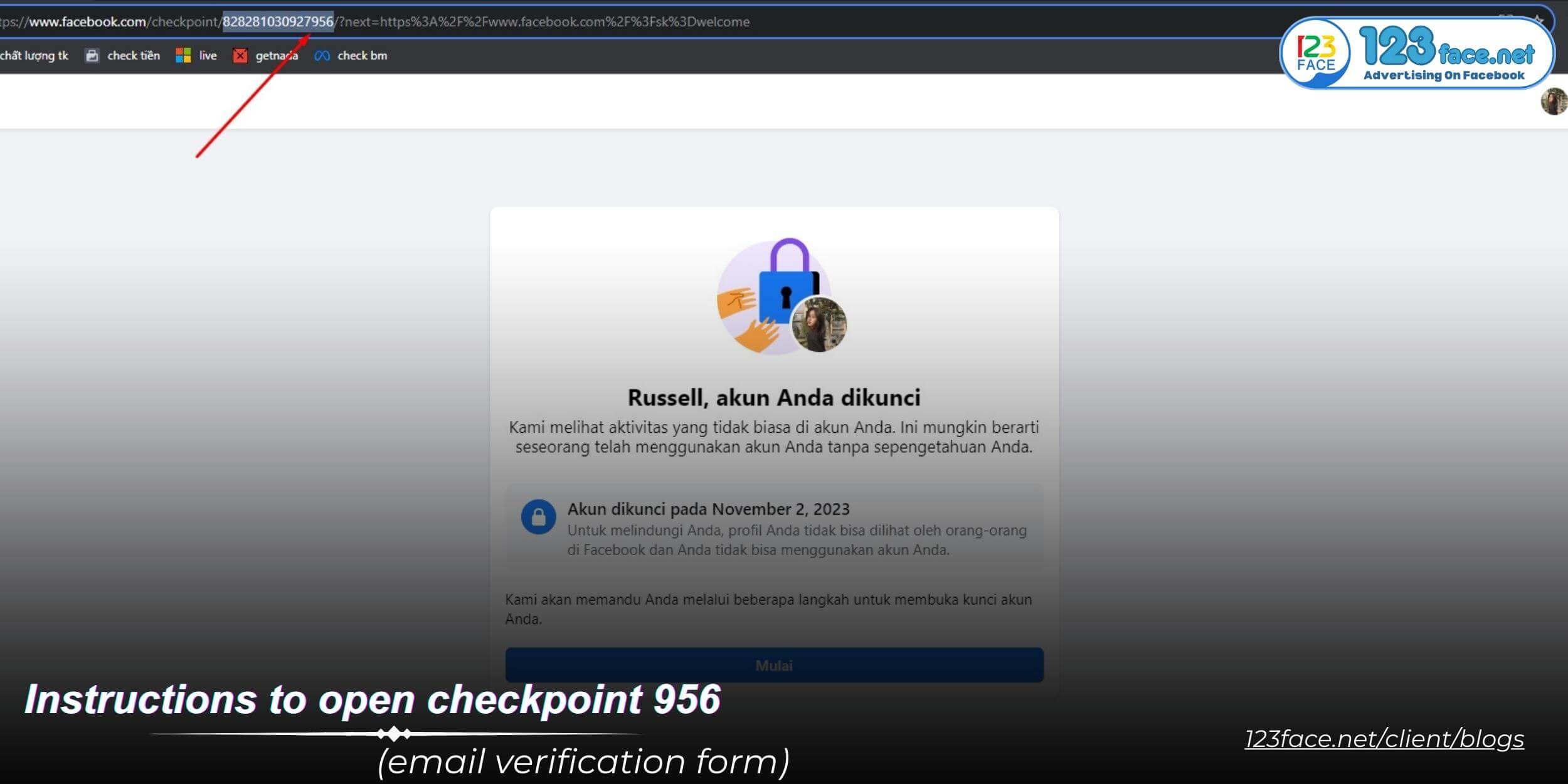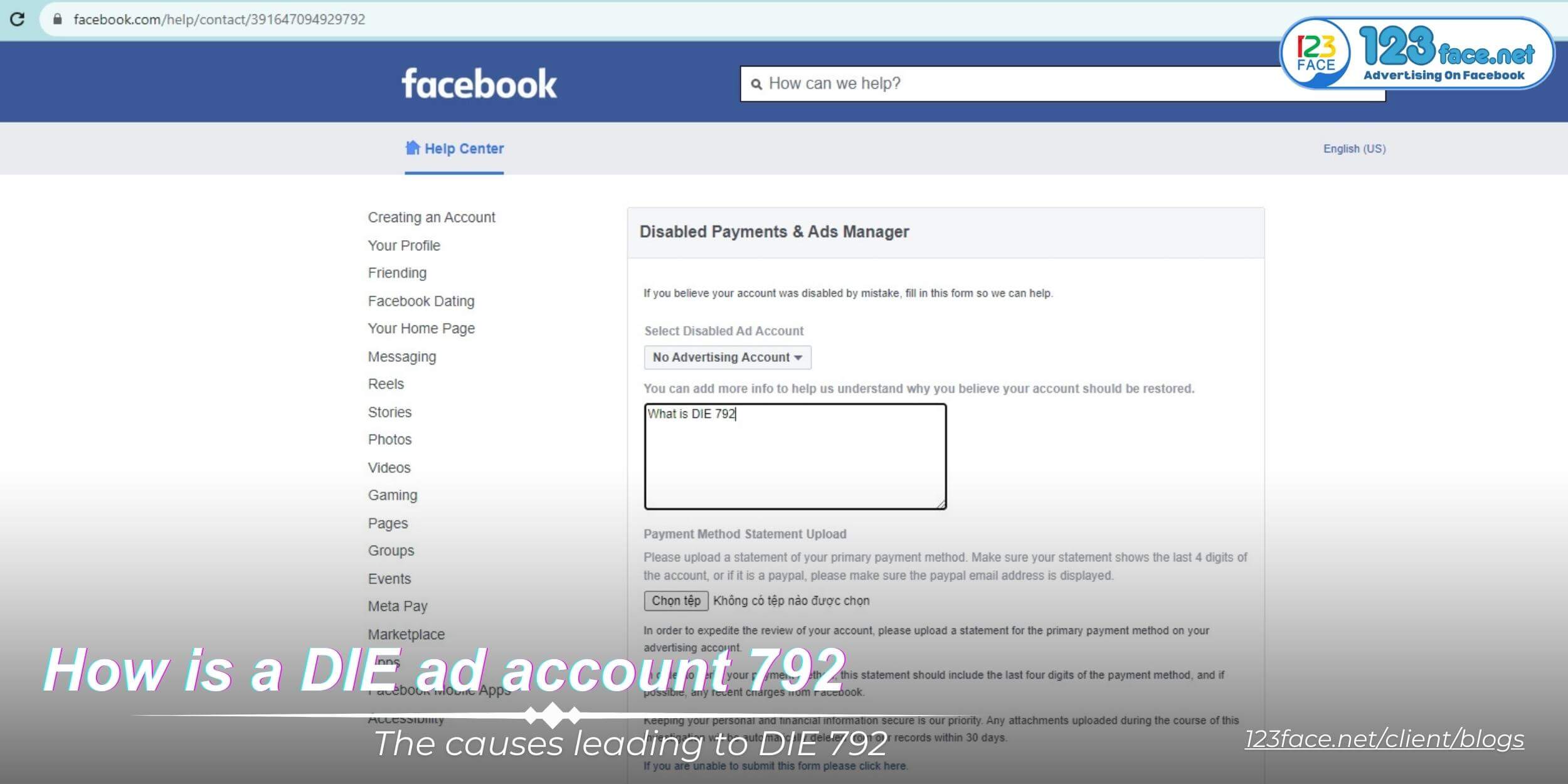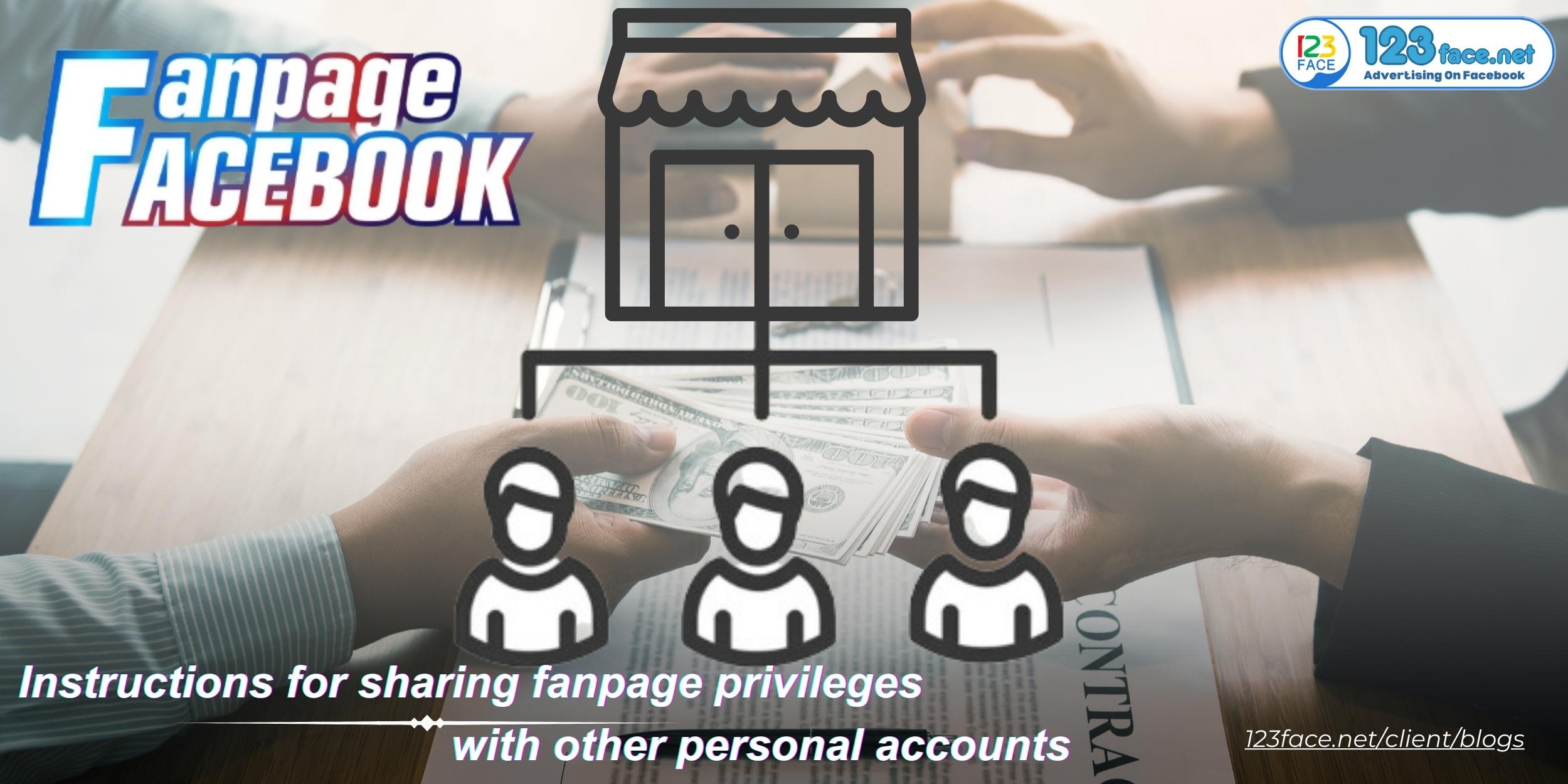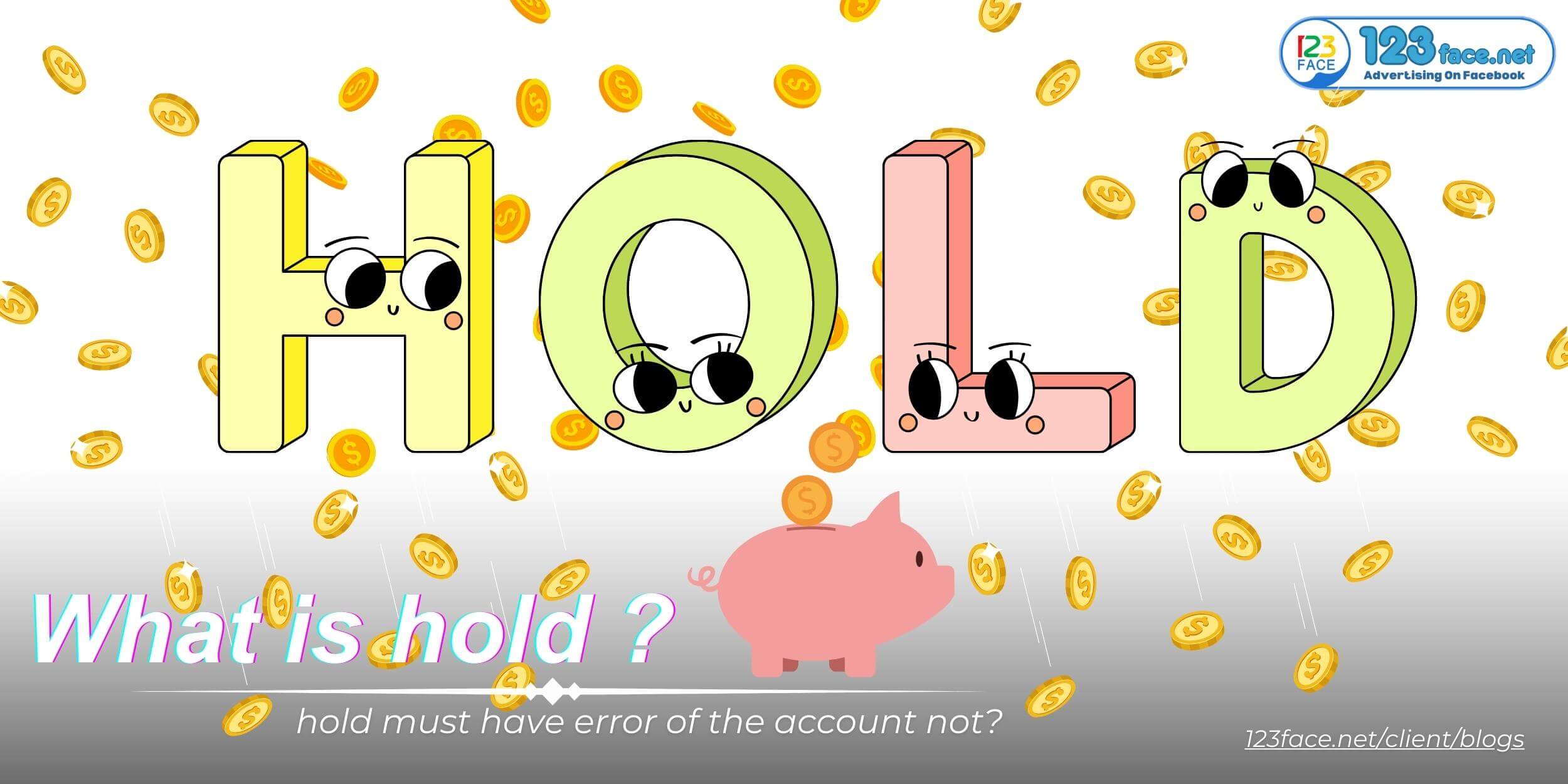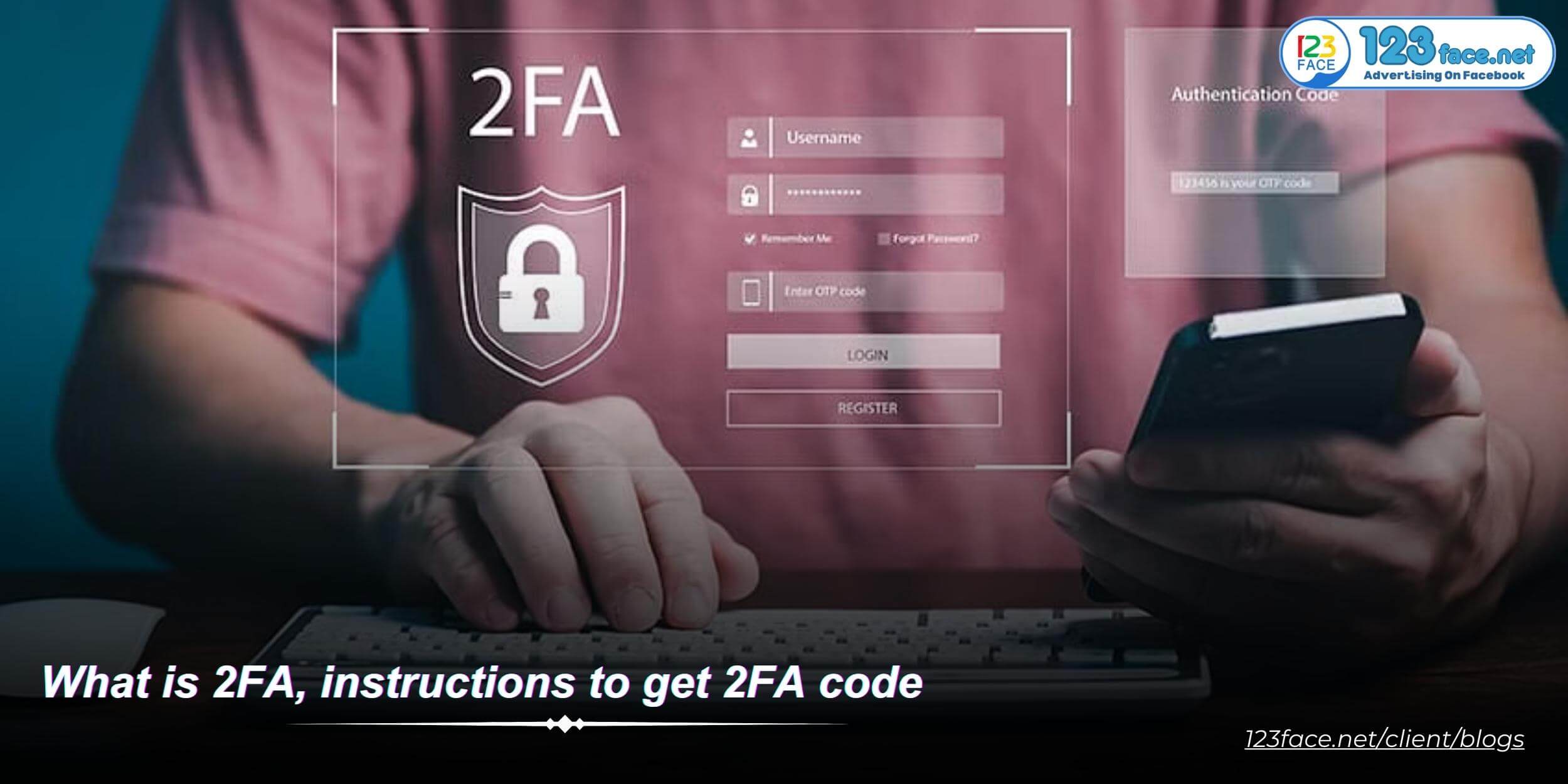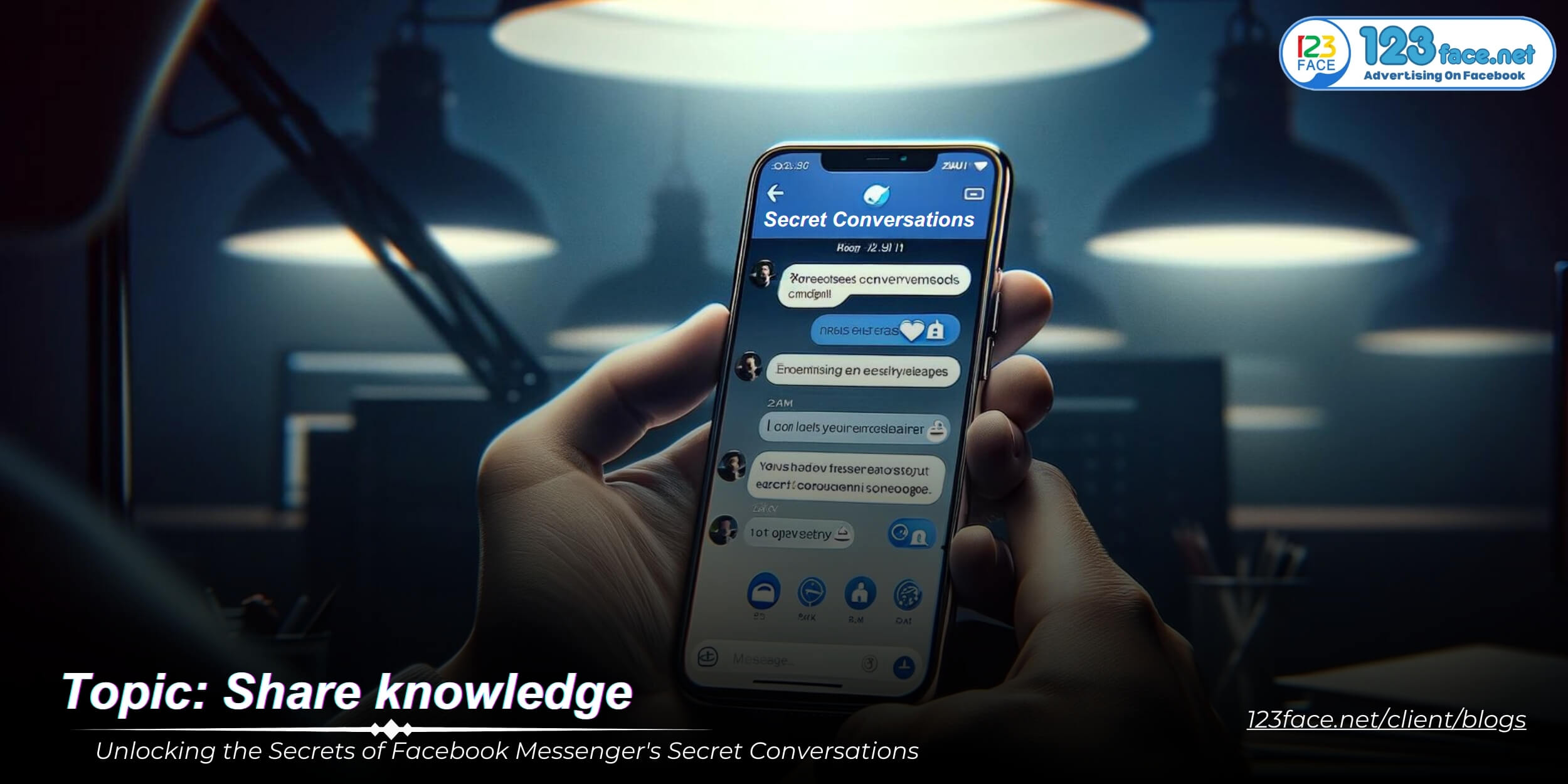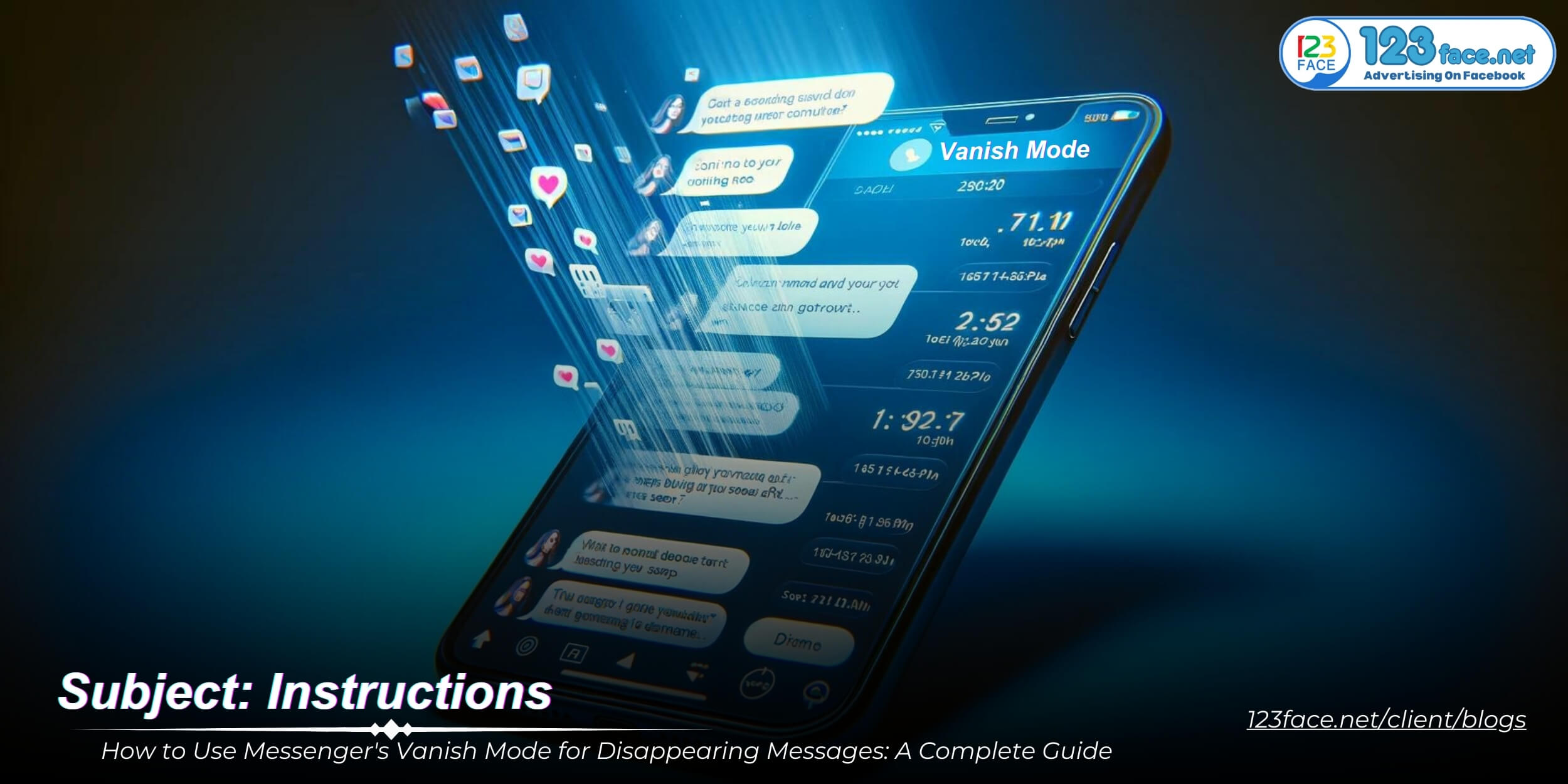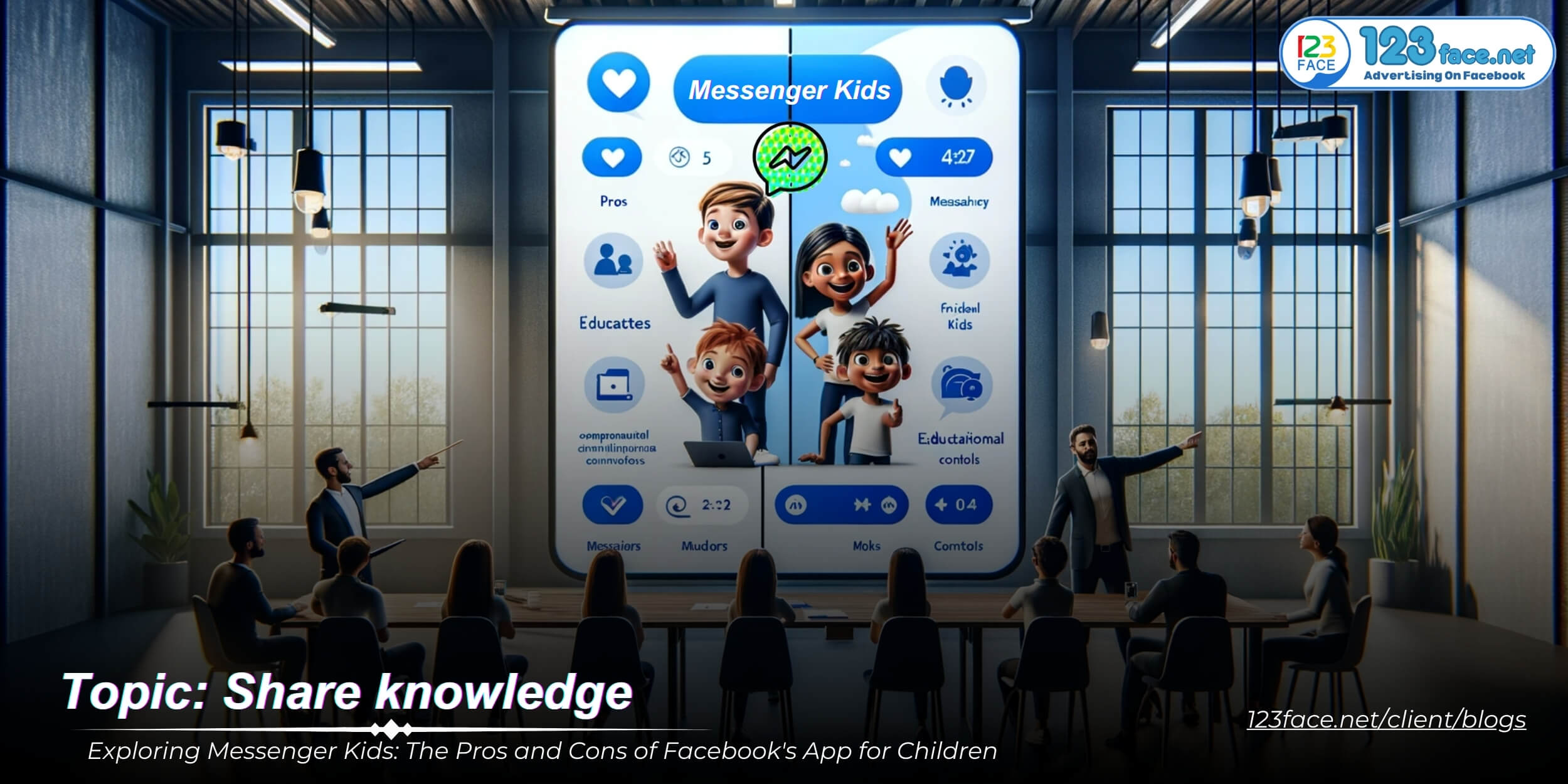Leveraging Messenger Kids to Support Children with Autism
Writing date: 2024-01-24 15:55:27
In the digital age, innovative communication tools like Messenger Kids provide unique opportunities for children with autism to connect with the world around them. This article optimized by website123face explores how Messenger Kids can be a valuable tool for children with autism, supporting their communication and social interaction. We'll dive into the app's features that are especially beneficial for children with autism, provide advice for parents on maximizing the app's potential, and discuss how the app can contribute to the developmental needs of these children.
Messenger Kids: A Safe Platform for Children with Autism
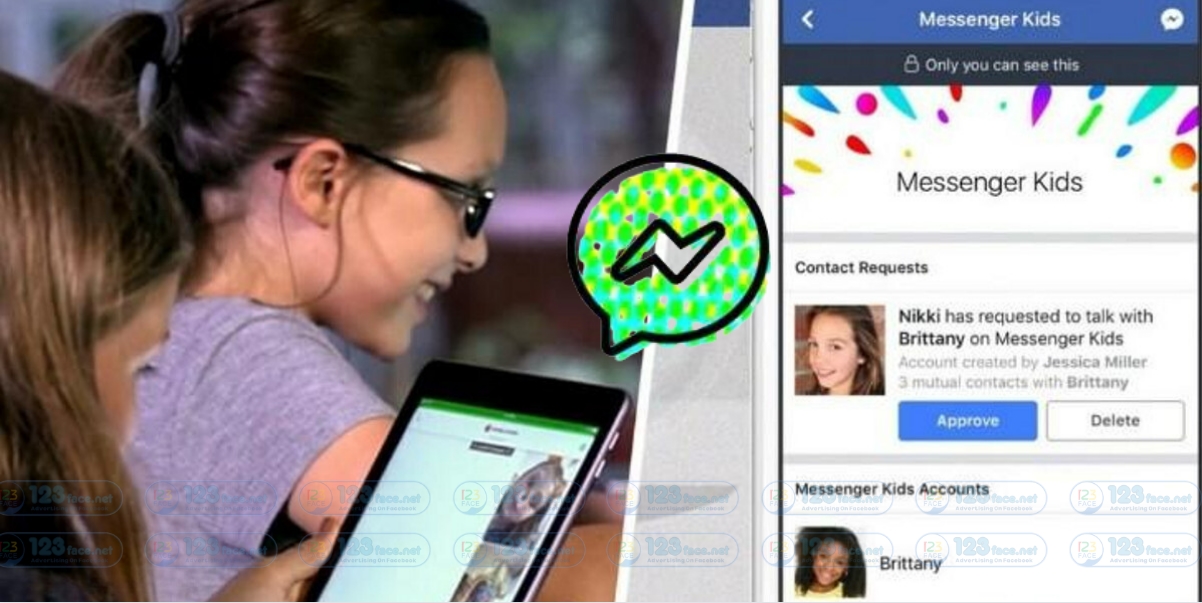
1, Understanding the Benefits of Messenger Kids for Autistic Children
Messenger Kids can offer significant benefits for children with autism, providing a unique platform for communication and expression:
Controlled Environment:
- The app offers a controlled and predictable online environment, which can be comforting for autistic children who often prefer routine and predictability.
Customizable Features:
- Parents can customize the app's settings to suit their child's sensory needs and preferences. This includes adjusting visual and auditory stimuli to ensure a comfortable user experience.
Non-Verbal Communication Tools:
- Autistic children who may find verbal communication challenging can use the variety of non-verbal tools available in the app, such as emojis, stickers, and picture messaging, to express themselves.
Reduced Pressure of In-Person Interactions:
- The app allows children to communicate without the pressures and sensory challenges of face-to-face interactions. This can be particularly beneficial for autistic children who may feel overwhelmed by physical social settings.
Developing Social Skills:
- Messenger Kids can be a safe platform for autistic children to practice and develop social skills at their own pace, including understanding social cues, turn-taking in conversations, and expressing emotions.
2, Safety and Privacy: Ensuring a Secure Experience
Safety and privacy are paramount in making Messenger Kids a suitable platform for children with autism:
Parental Controls:
- Parents can manage and monitor their child’s contact list, ensuring they are only communicating with approved friends and family members. This control helps to create a safe social circle for the child.
Message Monitoring:
- While respecting privacy, parents can oversee the frequency of messages and the types of interactions their child is having. This allows for a balance between ensuring safety and allowing independence.
Privacy Settings:
- Messenger Kids is designed with privacy in mind, ensuring that personal information is protected. The app does not include advertisements or in-app purchases, reducing the risk of exposure to inappropriate content.
Safety Features:
- The app includes features like reporting and blocking, which can be used to manage any unwanted interactions. Parents are notified of these actions, allowing them to take appropriate steps to maintain a safe environment.
Compliance with Children’s Online Privacy Laws:
- Messenger Kids adheres to laws like COPPA, ensuring that the digital rights and privacy of children are respected.
In conclusion, Messenger Kids can be a valuable tool for children with autism, offering a safe and customizable platform for communication. Its features allow autistic children to interact in a way that is comfortable for them, helping to build their communication skills and confidence. Parents can use the app’s safety and privacy settings to ensure a secure online experience, making it a suitable choice for their child’s digital interactions.
Customizing Messenger Kids for Children with Autism
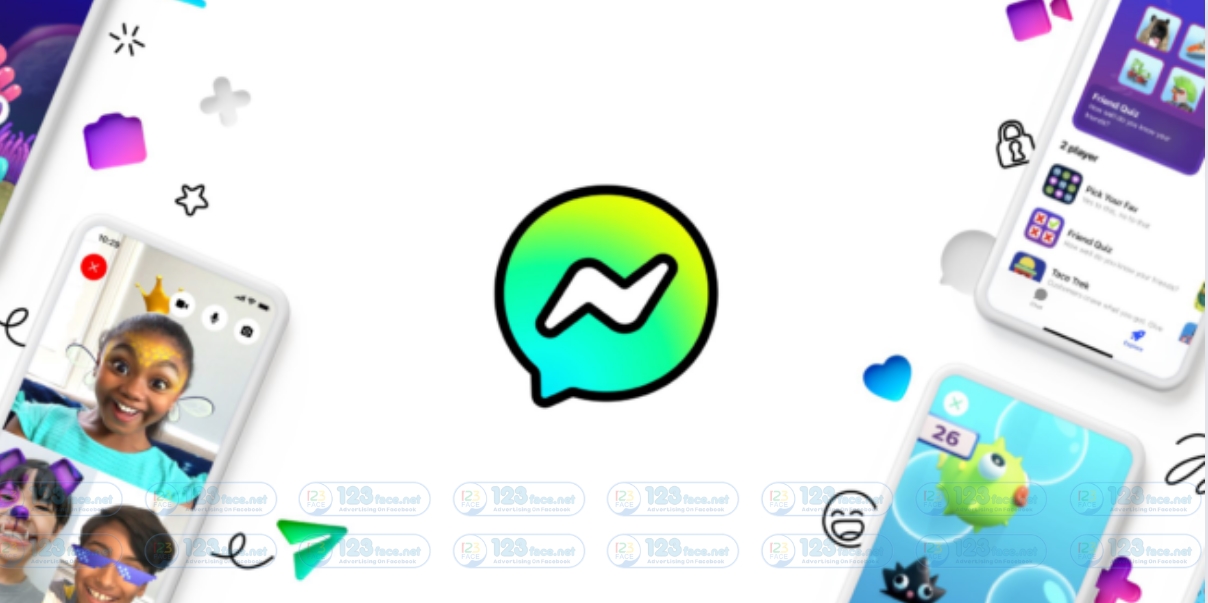
1, Tailoring the App to Meet Individual Needs
Customizing Messenger Kids for a child with autism involves adjusting the app to suit their specific preferences and requirements:
Setting Up Appropriate Contacts:
- Carefully select contacts who understand and are sensitive to the child's needs. This could include family members, close friends, or peers from therapy groups.
- Limit the number of contacts to prevent overwhelm and ensure a safe, manageable social circle.
Controlling Sensory Inputs:
- Adjust the app's settings to control sensory stimuli, such as turning off loud notifications or bright colors, which might be overwhelming for some children with autism.
- Use the app in a quiet environment to reduce sensory overload.
Customizable Features:
- Utilize the app’s customizable chat settings, like text size and contrast, to accommodate visual preferences or sensitivities.
- Organize the chat interface in a way that is easy for the child to understand and navigate, keeping it as simple and clutter-free as possible.
Routine and Structure:
- Establish a routine for using the app, as children with autism often thrive with structured schedules. Set specific times for messaging or video calls.
- Create a predictable environment within the app, using consistent communication patterns.
2, Using Messenger Kids to Support Communication Skills
Messenger Kids can be a valuable tool in supporting and enhancing communication skills in children with autism:
Visual Cues and Emojis:
- Encourage the use of visual cues and emojis to express emotions and responses. This can be particularly helpful for children who have difficulty with verbal expression.
- Use stickers and drawings as a means of non-verbal communication and creative expression.
Practice Conversational Skills:
- Use the app to practice turn-taking in conversations and understanding the flow of a dialogue.
- Set up role-play scenarios or scripted conversations to teach various social interactions.
Voice and Video Features:
- Utilize voice messages for children who are more responsive to auditory inputs or who are practicing speech.
- Video calls can be used for practicing facial recognition and expressions, as well as for sign language communication if applicable.
Reinforcement and Feedback:
- Provide positive reinforcement for successful communication attempts and interactions.
- Use the app to give immediate and clear feedback in a controlled setting, which can be less stressful than real-life situations.
In conclusion, by customizing Messenger Kids and utilizing its features thoughtfully, parents and caregivers can create an accommodating and supportive environment for children with autism. This approach can help in developing their communication skills, providing a platform for them to express themselves, and interact with others in a way that is comfortable and meaningful for them.
Incorporating Messenger Kids into Therapy and Learning
1, Integrating the App into Therapeutic Practices
Messenger Kids can be a valuable tool in the toolbox of therapists and educators, especially for children who might benefit from alternative communication methods:
Social Skills Training:
- The app can be used to practice social skills in a controlled environment. Therapists can guide children in understanding social cues, practicing conversation skills, and learning how to initiate and maintain digital conversations.
Role-Playing Scenarios:
- It offers a platform for role-playing exercises. Therapists and educators can use the app to simulate various social situations, helping children to navigate and respond to different social scenarios.
Communication Development:
- For children working on communication skills, Messenger Kids can be a way to practice these skills. The app's text, voice, and video features allow for varied forms of communication, catering to different needs and preferences.
Collaboration with Parents:
- Therapists can collaborate with parents, using the app’s parental controls to set specific goals and monitor progress. Parents can continue the therapeutic practices at home, providing consistency in the child's learning journey.
Feedback and Reinforcement:
- The app can be used to provide immediate positive feedback and reinforcement, which is crucial in therapeutic settings. Celebrating small successes in digital interactions can boost confidence and motivation.
2, Learning Through Play: Interactive Features of Messenger Kids
The playful and interactive features of Messenger Kids make it an excellent platform for learning through play:
Stickers and Emojis for Emotional Expression:
- The wide range of stickers and emojis can be used to teach emotional recognition and expression. Children can learn to associate emotions with appropriate symbols and express their feelings in a fun way.
Educational Games:
- Many of the games within Messenger Kids have educational elements. These can be used to enhance cognitive skills, problem-solving, and even basic literacy and numeracy in an engaging manner.
Art and Creativity:
- Drawing tools and filters encourage creativity and self-expression. Artistic activities within the app can be used to enhance fine motor skills and provide a medium for self-expression and communication.
Interactive Storytelling:
- The app can be used for interactive storytelling, where children can create and narrate stories using the various features of the app. This can enhance language skills, imagination, and sequencing abilities.
Safe Environment for Experimentation:
- Messenger Kids provides a safe and controlled environment for children to experiment, make mistakes, and learn in a playful context without the pressures of real-world consequences.
In summary, Messenger Kids has the potential to be a useful adjunct in therapeutic and educational contexts. Its interactive and customizable nature allows therapists and educators to tailor activities to the specific needs of each child, making learning and skill development both fun and effective.
Practical Tips for Parents Using Messenger Kids

1, Guiding Your Child in Navigating the App
Here are some practical tips for parents to help their autistic child navigate and use Messenger Kids:
Establish a Routine:
- Set a specific time for using the app, as routines can provide comfort and structure for children with autism.
- Gradually introduce the app, starting with short sessions and gradually increasing the time as your child becomes more comfortable.
Provide Support and Guidance:
- Initially, sit with your child and guide them through the app’s features. Show them how to send messages, use stickers, and make video calls.
- Use simple, clear instructions and visual aids if necessary to explain how the app works.
Monitor Usage:
- Regularly check how your child is using the app, ensuring that it remains a positive and safe experience.
- Be mindful of signs of overstimulation or distress, and adjust the app usage accordingly.
Customize the App Experience:
- Adjust the app's settings to suit your child’s sensory needs and preferences, such as reducing brightness or turning off sound notifications.
- Tailor the contact list to include only familiar and trusted individuals to prevent anxiety or confusion.
2, Encouraging Positive Online Interactions and Friendships
Encouraging positive online interactions and friendships is crucial for children with autism:
Teaching Online Etiquette:
- Explain the basics of digital communication, such as not sharing personal information and being polite online.
- Role-play different scenarios to teach appropriate responses and behaviors in various online situations.
Navigating Social Cues:
- Discuss the meanings behind different emojis and stickers, as these can help in understanding and conveying emotions and reactions.
- Encourage your child to ask questions if they don’t understand a message or interaction.
Promoting Positive Friendships:
- Encourage your child to connect with peers who have similar interests, which can be a foundation for meaningful friendships.
- Guide your child in understanding the concept of friendship, including sharing, taking turns in conversation, and showing interest in others.
Respecting Boundaries:
- Teach your child to respect others’ boundaries online and to recognize when someone else is not interested in interacting.
- Discuss the importance of privacy and consent in online communications.
Conclusion
Messenger Kids can be an invaluable resource for children with autism, providing a customizable and controlled platform for social interaction and communication. Parents, therapists, and educators can play a key role in helping autistic children use the app effectively, tailoring it to their unique needs and guiding them in positive online interactions. This guide offers insights into making the most of Messenger Kids as a supportive tool, enhancing the social and communication skills of children with autism in the digital world.
(Website note: Always tailor your use of Messenger Kids to the individual needs of your child with autism, and consider input from their therapists or educators to ensure the app is used used in the most beneficial way.)
Don't forget to follow website123face and tutorial blog to update more interesting content!

